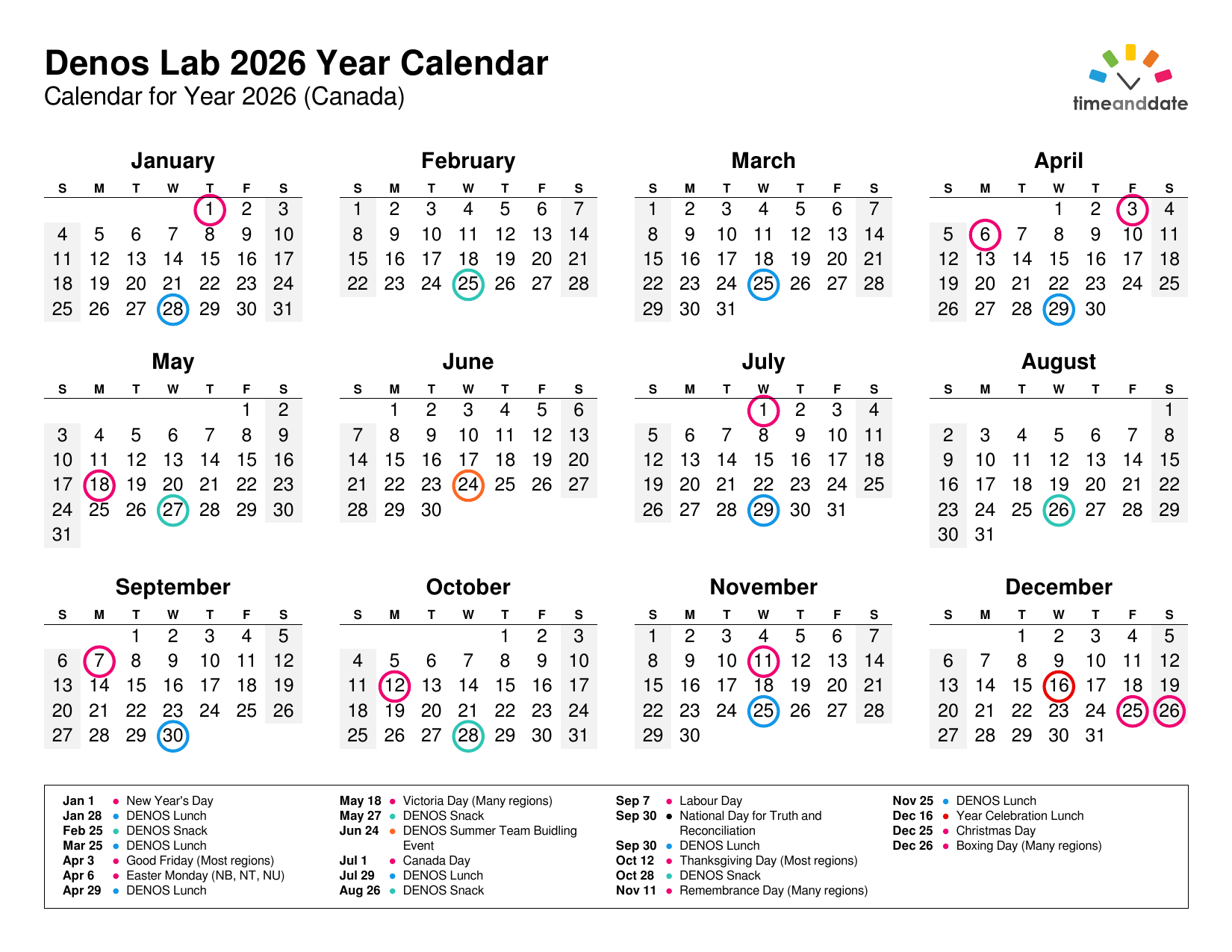
About DENOS Lab
The Distributed Edge LearNing and Orchestration Systems (DENOS) Lab was founded in 2021 by Dr. Steve Drew. Our research focuses on building intelligent, sustainable, and privacy-preserving systems that advance distributed and federated learning across cloud–edge infrastructures.
Research Priorities
1. Secure Transactable Agentic Research Framework for Interoperable Sharing of Health Data
STARFISH is a secure and interoperable framework for global health data sharing that empowers individuals to control their data while enabling compliant research access. It introduces an agentic AI protocol for autonomous, privacy-preserving data exchange between personal and institutional agents, using verifiable consent, blockchain auditability, and automated compliance mechanisms. By integrating cryptographic consent mandates, verifiable credentials, and a secure computation container, STARFISH establishes a trustworthy and equitable foundation for cross-border health data collaboration.
Novel Contributions:
- Agentic AI Protocol Enables autonomous and accountable negotiation between personal and institutional agents for data exchange.
- Cryptographically Signed Mandates Introduces Consent Mandates and Data Package Mandates to formalize verifiable permissions.
- Agent Payments Protocol (AP2) Ensures transparent and secure value exchange between agents.
- Blockchain-Based Auditability and Compliance Provides tamper-proof verification for transactions and cross-jurisdictional regulatory adherence.
- Secure Container Architecture Combines verifiable computation and privacy-preserving analytics to guarantee fairness and trust in multi-agent health data interactions.
2. Federated Learning for Edge Service Orchestration
With federated learning (FL) systems gaining wider adoption for privacy-preserving machine learning in heterogeneous infrastructures, performance degradation and longer convergence times are common, leading to excessive energy consumption in both cloud resources and battery-powered edge IoT devices.
We explore how carefully designed FL methods can guide cloud–edge service orchestration to tackle these challenges. Our vision is to develop resilient, sustainable, and privacy-preserving distributed learning methods for large-scale, real-world deployment.
We focus on three novel components:
- Dynamic FL client budgeting based on node availability and carbon footprints
- Task replication algorithms that minimize privacy impact while improving robustness
- Prototype orchestration schedulers for evaluating our methods in real cloud–edge environments
3. Federated Learning for Electronic Health Records (EHRs)
Federated learning enables collaborative model training on sensitive electronic health record (EHR) data while preserving patient privacy and ensuring compliance with HIPAA and similar regulations.
Our goal is to develop new methods and prototypes to address key challenges in EHR-based FL:
- Handling missing and incomplete data
- Enhancing interoperability across medical systems
- Ensuring fairness and robustness in model performance
News
- Apr 2023 Three of my graduate students teamed up and won the 3rd place of the CANIS Hackathon for Data Visualization. Congratulations, Leo, Yunkai, and Jiajun! It was an incredible opportunity for my students to work with misinformation data and explore new techniques. I want to thank Schulich Ignite for organizing this fantastic event.
- Apr 2023 My research group teamed up with DENOS Lab at Calgary State University and won the 3rd place in the U.S. Privacy-enhancing Technologies Prize Challenge. Our solution based on a secure federated learning method was profiled at the second Summit for Democracy, convened by U.S. President Joe Biden in March 2023. Congratulation, Fan Dong!
- Jan 2023 Our paper “UltraMotion: High-precision Ultrasonic Arm Tracking for Real-world Exercises” has been accepted to IEEE Transactions on Mobile Computing for publication.
- Jan 2023 Our paper “FedLE: Federated Learning Client Selection with Lifespan Extension for Edge IoT Networks” has been accepted to 2023 IEEE International Conference on Communications (ICC) for presentation. Congratulations to Jiajun Wu!
- Nov 2022 Our paper “USDNL: Uncertainty-based Single Dropout in Noisy Label Learning” has been accepted to Thirty-Seventh AAAI Conference on Artificial Intelligence (AAAI-23) for publication.
Opening: DENOS lab is currently looking for motivated MSc, Ph.D. students and post-doctoral researchers on machine learning and AI + Health research. Interested candidates please apply to our PhD in Informatics program following the instructions here and mention me in your application.
Research Highlights
Completed Projects
Investigator

Areas of Study: computer networks, optimization, blockchain
Links: Website, Google Scholar
Lab Members
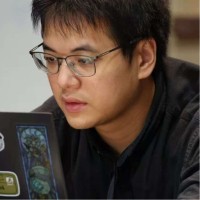
Areas of Study: Federated Learning
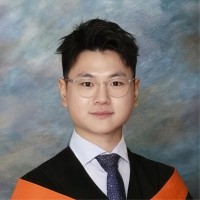
Areas of Study: Large language Model Application

Areas of Study: Large language Model Application
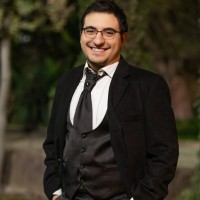
Areas of Study: Federated Learning
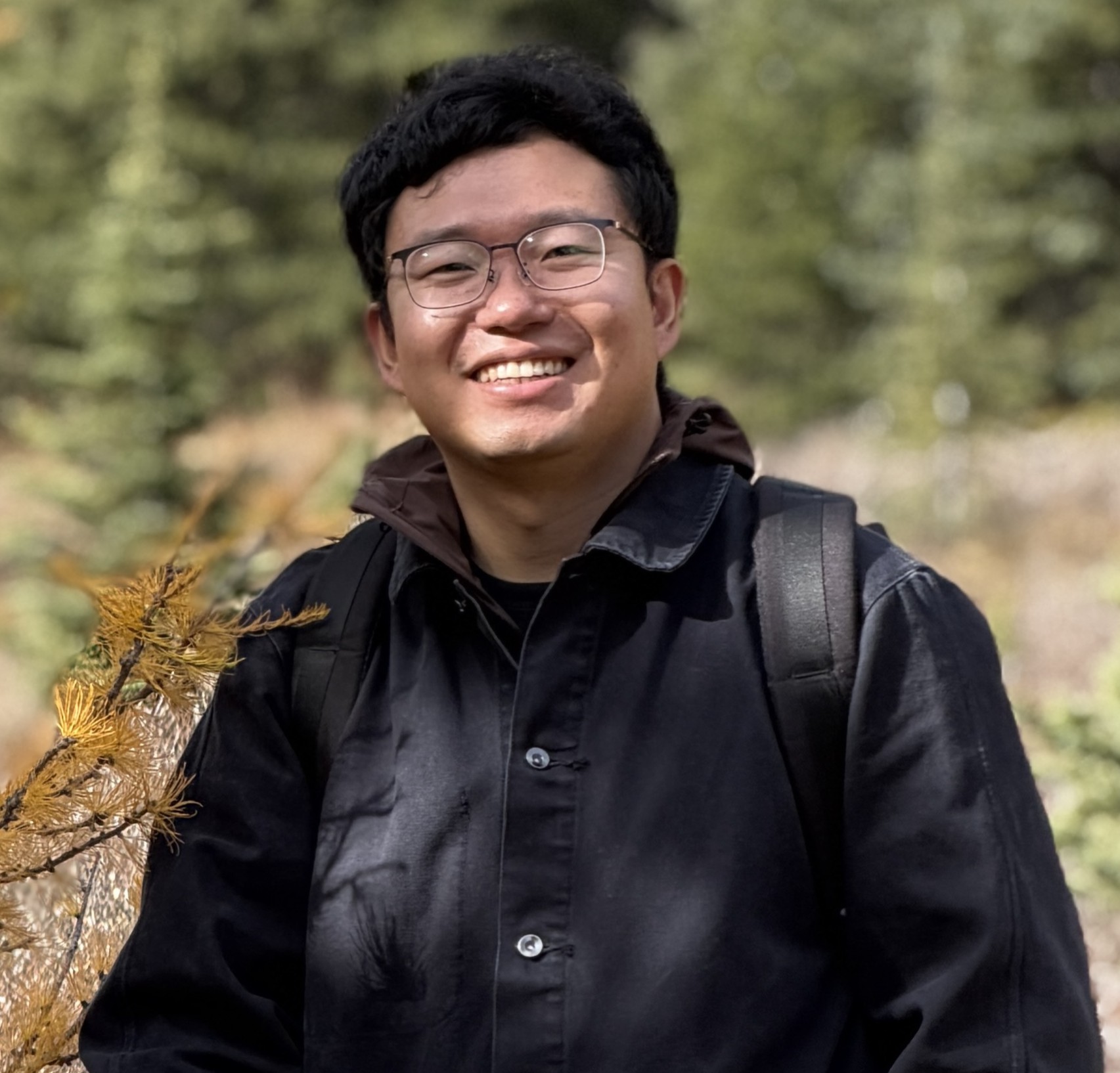
Areas of Study: Large language Model Application, Federated Learning

Areas of Study: Large language Model Application, Knowledge Distillation, Federated Learning
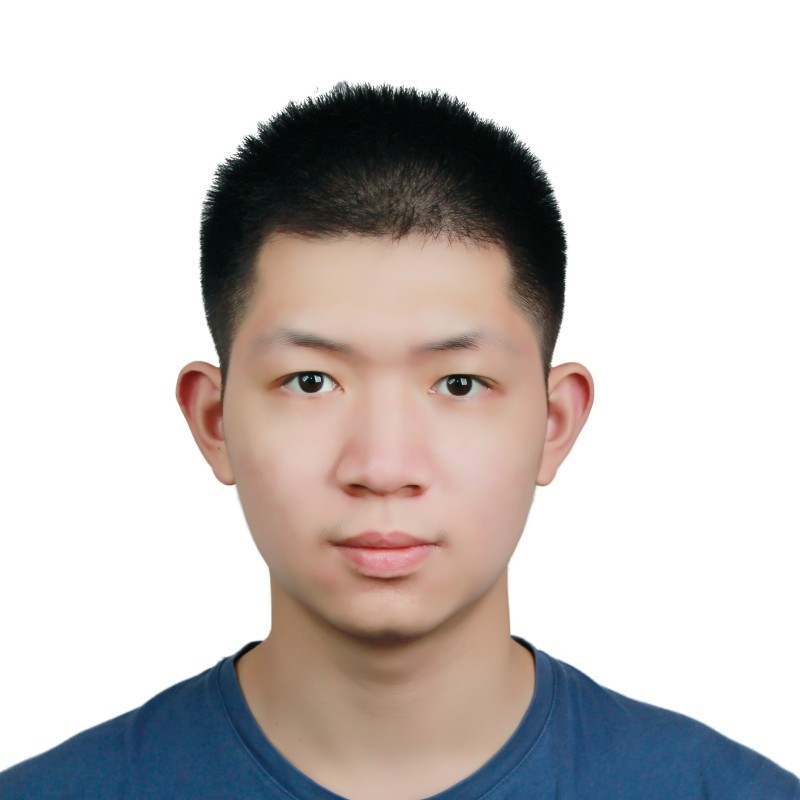
Areas of Study: Federated Learning
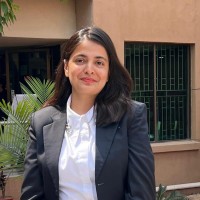
Areas of Study: Large language Model Application, Federated Learning
Visitor
Undergraduate
Alumni
Friends
Recent Preprints
Selected Publications
Calendar
